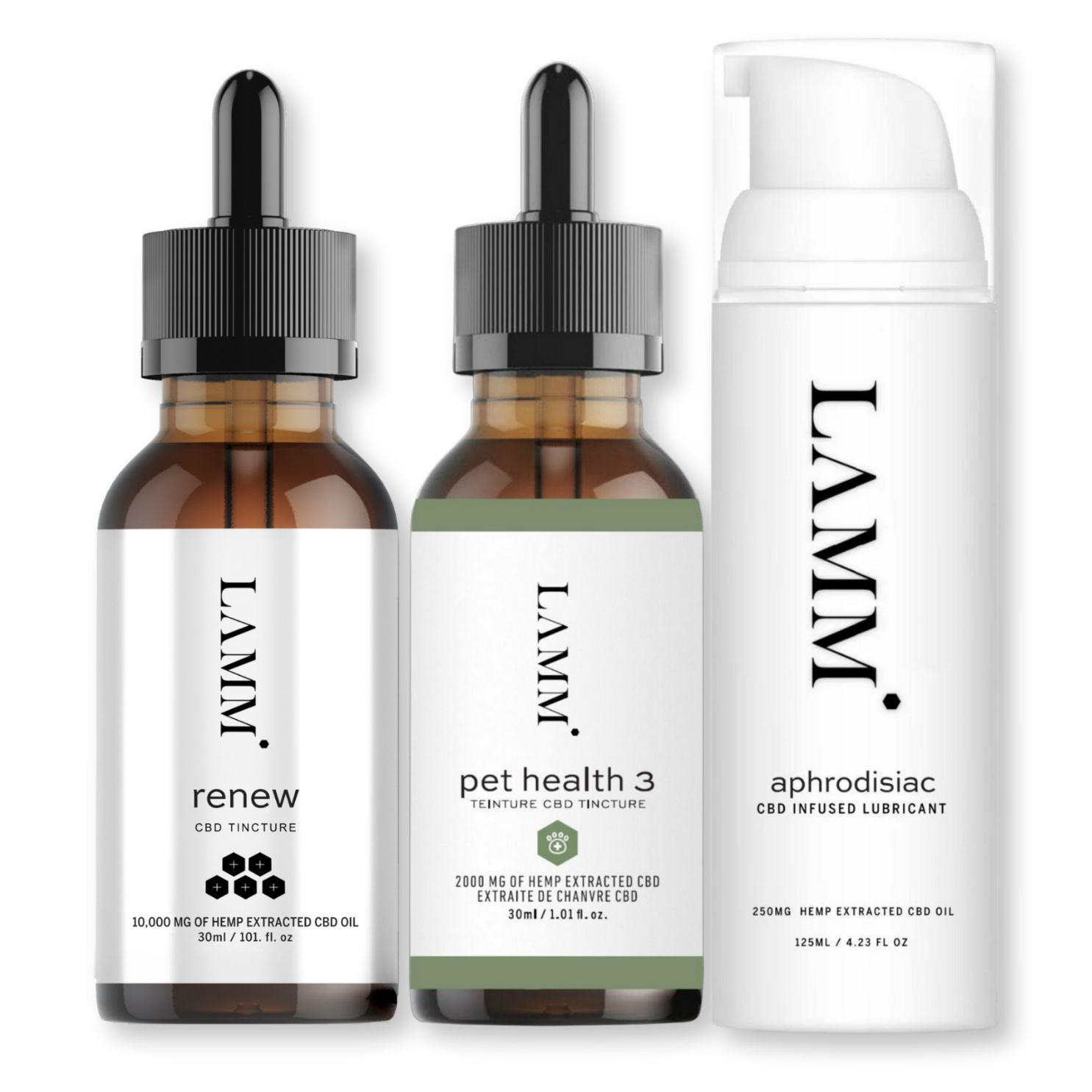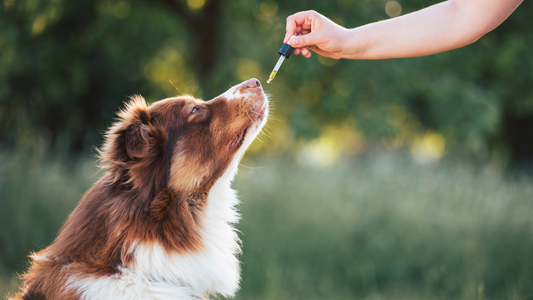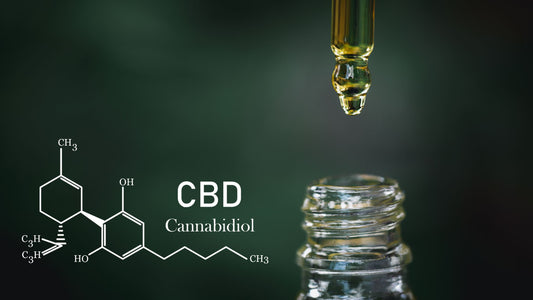
CBD and the immune system: 4 ways CBD oil provides a virus-season boost
For CBD and the immune system, this article covers four ways in which CBD oil may support immune health
The endocannabinoid system is known to play an important role in regulating immunity and scientists consider it to be one of the “gatekeepers” of the immune system.1 The endocannabinoid system includes receptors known as cannabinoid receptors 1 and 2 (CB1 and CB2) as well as the endogenous cannabinoids anandamide (AEA) and 2-arachidonoylglycerol (2-AG) and enzymes that influence the production of these endocannabinoids.
There’s scientific evidence that cells of the immune system express both CB1 and CB2, although CB2 concentrations are higher than CB1.2
How CBD and the immune system interact
Cannabidiol (CBD), a non-psychoactive component of Cannabis sativa, is a phytocannabinoid that acts on the endocannabinoid system and may have the ability to maintain a balanced and healthy immune system.*
Transient receptor potential vanilloid 2 (TRPV2), a protein that facilitates the communication of cells with their extracellular environment, plays an important role in healthy immune system function.3 CBD activates TRPV2 and also influences other transient receptor potential (TRP) channels involved in supporting immunity.3*
Hemp-based CBD oil may have both direct and indirect mechanisms for maintaining immunity.* This article covers four ways in which pairing CBD and the immune system may support immune health.
Increasing natural killer cells*
In animal studies investigating autoimmune health, CBD oil from hemp has been shown to balance the immune system by reducing the activity of T cells, B cells, and both T helper and T cytotoxic lymphocyte subsets.4* However, outside of an autoimmune arena, CBD supports the activity of natural killer (NK) cells, a type of white blood cell.4*
NK cells are a major player in the body’s response to the presence of viruses.* CBD also supports the activity of natural killer T cells, which share properties of both NK cells and T cells.* In vitro studies have shown CBD has actions of interest to people who want to maintain immune health in the liver.5*
Supporting a healthy inflammatory response*
CBD is well known for its ability to maintain a healthy inflammatory response.* In animals, CBD supports a healthy inflammatory response in the lungs.6* It also improves lung function in mice exposed to a lung irritant.*
In one study, CBD enhanced markers of healthy lungs such as decreased total lung resistance and elastance, leukocyte migration into the lungs, myeloperoxidase activity in the lung tissue, and protein concentration as well as maintenance of healthy levels of cytokines (TNF and IL-6) and chemokines (MCP-1 and MIP-2).* This could potentially assist with respiratory function.*
Maintaining a healthy gut microbiota*
A large proportion of the immune system is located in the GI tract, where there are large numbers of organized lymphoid tissue and scattered innate and adaptive effector cells.7
The gut microbiota, the collection of organisms — good and bad — found in the intestines play an important role in helping the body have a balanced immune response.8
Excessive inflammation in the gut can lead to intestinal permeability, gut microbiota dysbiosis, and an impaired intestinal immune response.9,10 One way the body counteracts this is through the endocannabinoid system. 9,10
Like endogenous cannabinoids, CBD also has been found to support a healthy intestinal inflammatory response in human trials.11* The key message here is that keeping the gut healthy supports overall immunity.*
A calming effect during everyday mild stress and frustration*
Ongoing psychological stress is linked to a decline in immunity.12 CBD is involved in a healthy stress response.*
Unlike endogenous cannabinoids, which work on the CB1 receptor, CBD supplementation leads to direct activation of the 5-HT1A serotonin receptor.*13,14 CBD stress-relieving properties are also related to its ability to modulate cerebral blood flow in brain regions involved in anxiety including the amygdala, hippocampus, hypothalamus and cingulate cortex.15*
In human trials, CBD was found to reduce mild stress in people giving a speech.* For example, researchers observed the effects of different doses of CBD and placebo in 57 healthy male participants performing a simulated public speaking test.16* In this double-blind study, subjects were given oral CBD at doses of 150 mg, 300 mg, or 600 mg or a placebo prior to the public speaking test. Compared with the placebo, 300 mg of CBD led to the subjects being more calm and relaxed during the speech.





